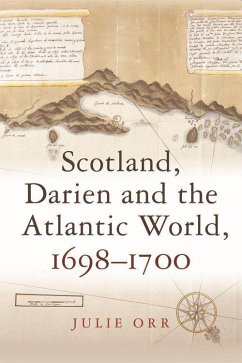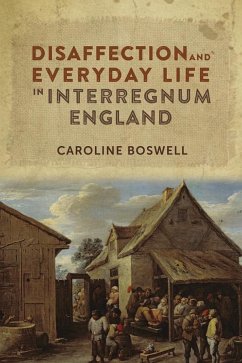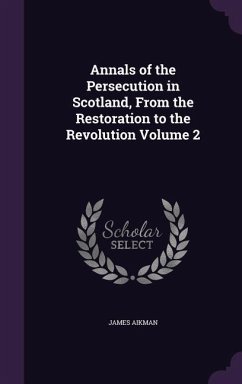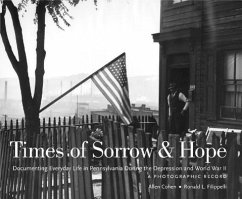Nicht lieferbar

A History of Everyday Life in Scotland, 1800 to 1900
The nineteenth century was a period of profound change in Scottish history. Industrialisation, improved communications, agricultural transformation, country to town migration, upheavals in the church, increased trade, and imperialism - all these affected the pace and rhythm of everyday life across the country. At the same time increased literacy helped to generate new patterns of identity, extending beyond the local to encompass the nation, which challenged certainties of how the world was viewed. With new styles of living came new dangers to the physical and moral health of the population, an...
The nineteenth century was a period of profound change in Scottish history. Industrialisation, improved communications, agricultural transformation, country to town migration, upheavals in the church, increased trade, and imperialism - all these affected the pace and rhythm of everyday life across the country. At the same time increased literacy helped to generate new patterns of identity, extending beyond the local to encompass the nation, which challenged certainties of how the world was viewed. With new styles of living came new dangers to the physical and moral health of the population, and increased apprehension of crime and disorder. Industrialisation created opportunities for consumption and recreation but with tangible environmental and economic costs. Rural Scotland adjusted to changes in farming practice and the traumas of population loss and began to look to the opportunities presented by recreation and tourism. The large-scale creation and survival of documentary evidence and records make the study of everyday life during this period practicable in depth for the first time. This volume presents a vivid account that includes the experiences of all the people of Scotland. It draws on every kind of available evidence and on work in social and cultural history, sociology and anthropology.













